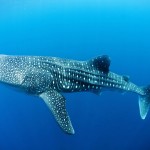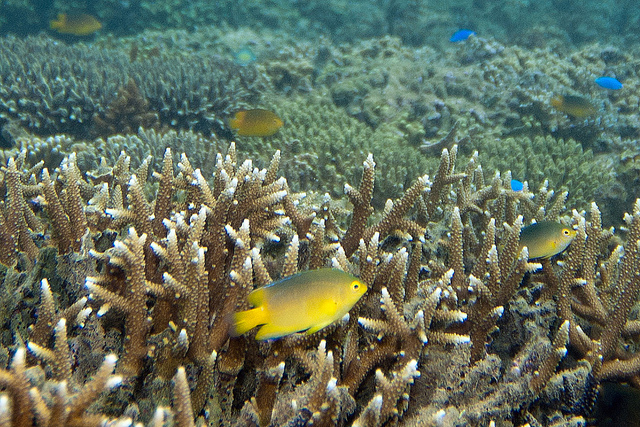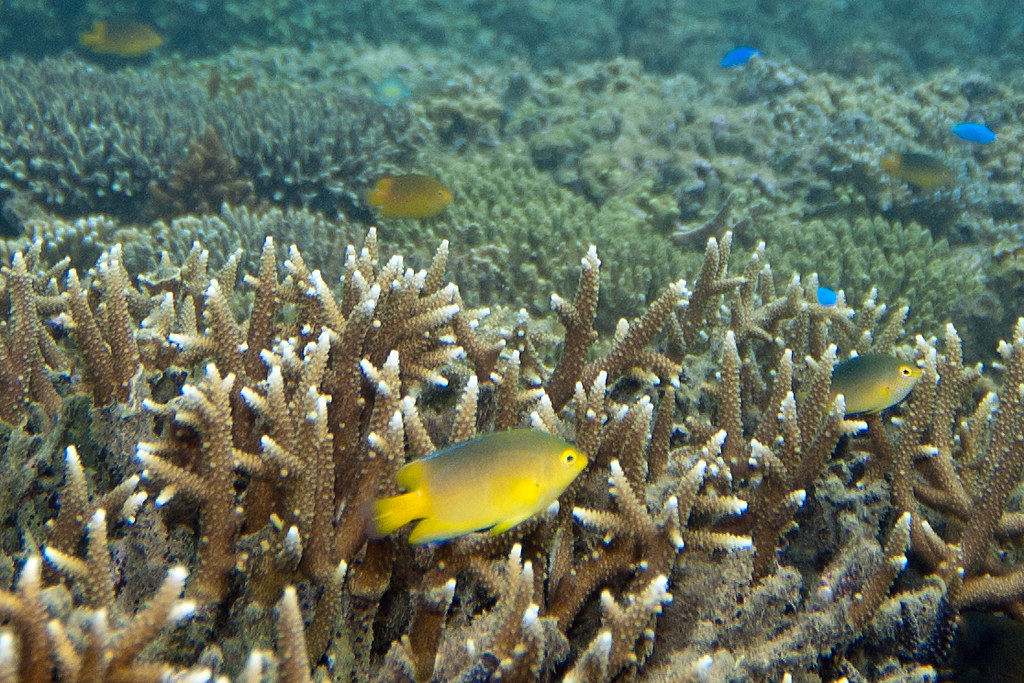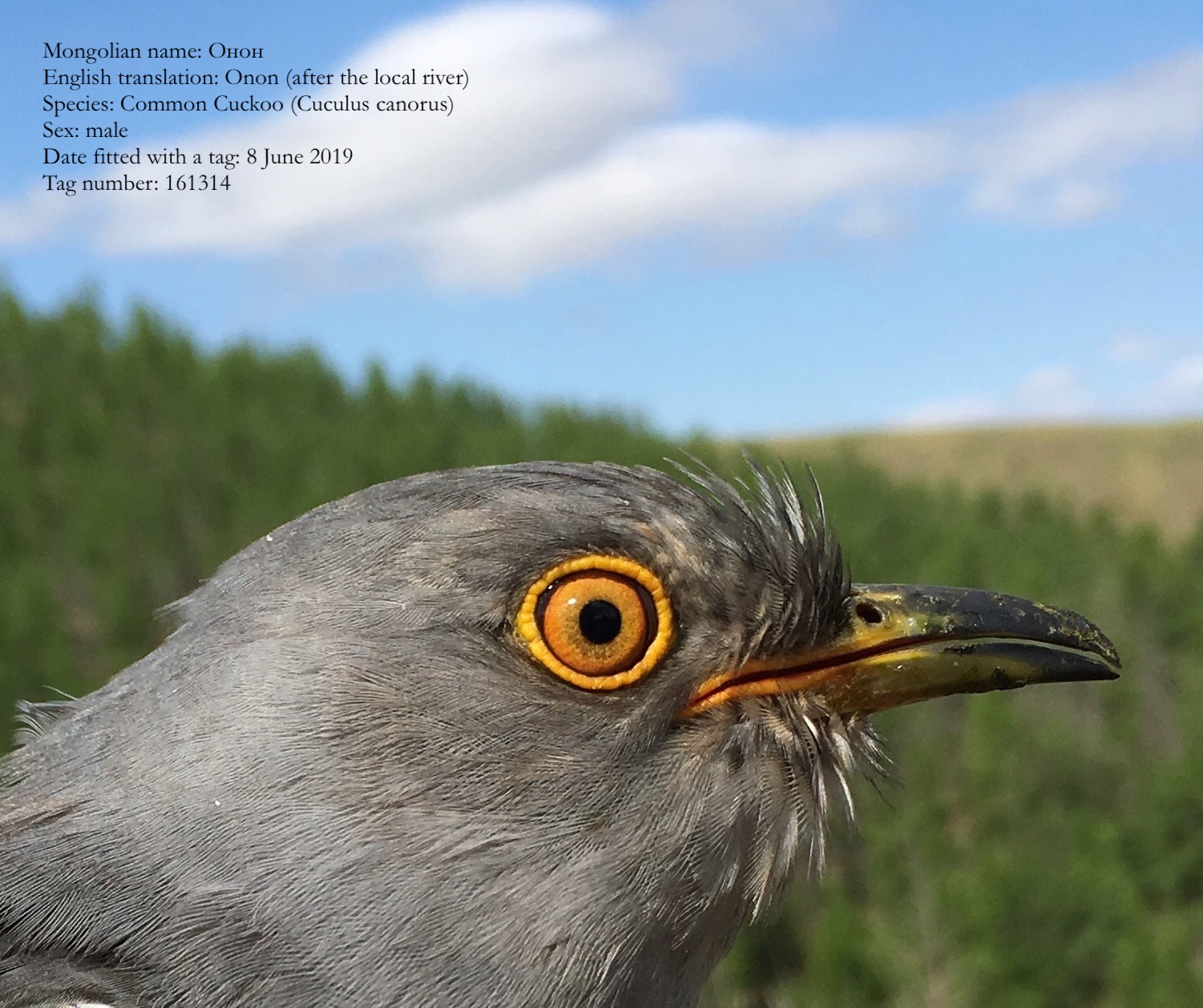It’s a tiny fish not more than 2 inches long, but when predators attack the Damsel fish, it knows how to save itself from the hungry shark or other sea-faring creature by calling more predators around itself and escaping in the chaos! This was discovered by a team of researchers from Australia who added that most fish displayed similar behaviour.
Image via cc/Flickr
When fish are injured, they emit a chemical substance from their skin to alert others of the danger. The Australian scientists studied the Damsel fish however found an interesting behaviour that aided the injured and captured fish in escaping from its predator using this special chemical that was emitted.
“Within a minute (of the chemical alarm being emitted), you get this aggregation of little predators coming in,” the study’s co-author Mark McCormick of James Cook University said.
“For them, it’s like somebody ringing a dinner bell. So other predators swoop in… and start chasing the predator that first caught the little prey fish and in doing so, disrupt the initial predator. The inital predator ends up 40 percent of the time, we found, dropping the prey and the prey swims off and survives.”
In simpler terms, the damsel in distress uses the greed of its predators to start a fight among them and escape in the chaos!
The research was published in the journal Proceedings of the Royal Society B.
“You can see how that (call for help) would have developed and how, because of the benefit of attracting other predators, that alarm-cue signalling would be maintained in the population of prey because it’s so advantageous,” McCormick said.
“Lo and behold, who comes to save the day but other dangerous predators.”
The scientists will next research if reef damage affects the chemical cue emitted by the fish as they believe that a modified environment would affect the ability of the fish to send the chemical signals as well as the behaviour of the predator fish clamouring around it.
More Related Stories,
iSharkFin for Better Protection of Endangered Sharks
Artificial Coral Reef Sturctures Create Ecosystems and Boost Livelihood









